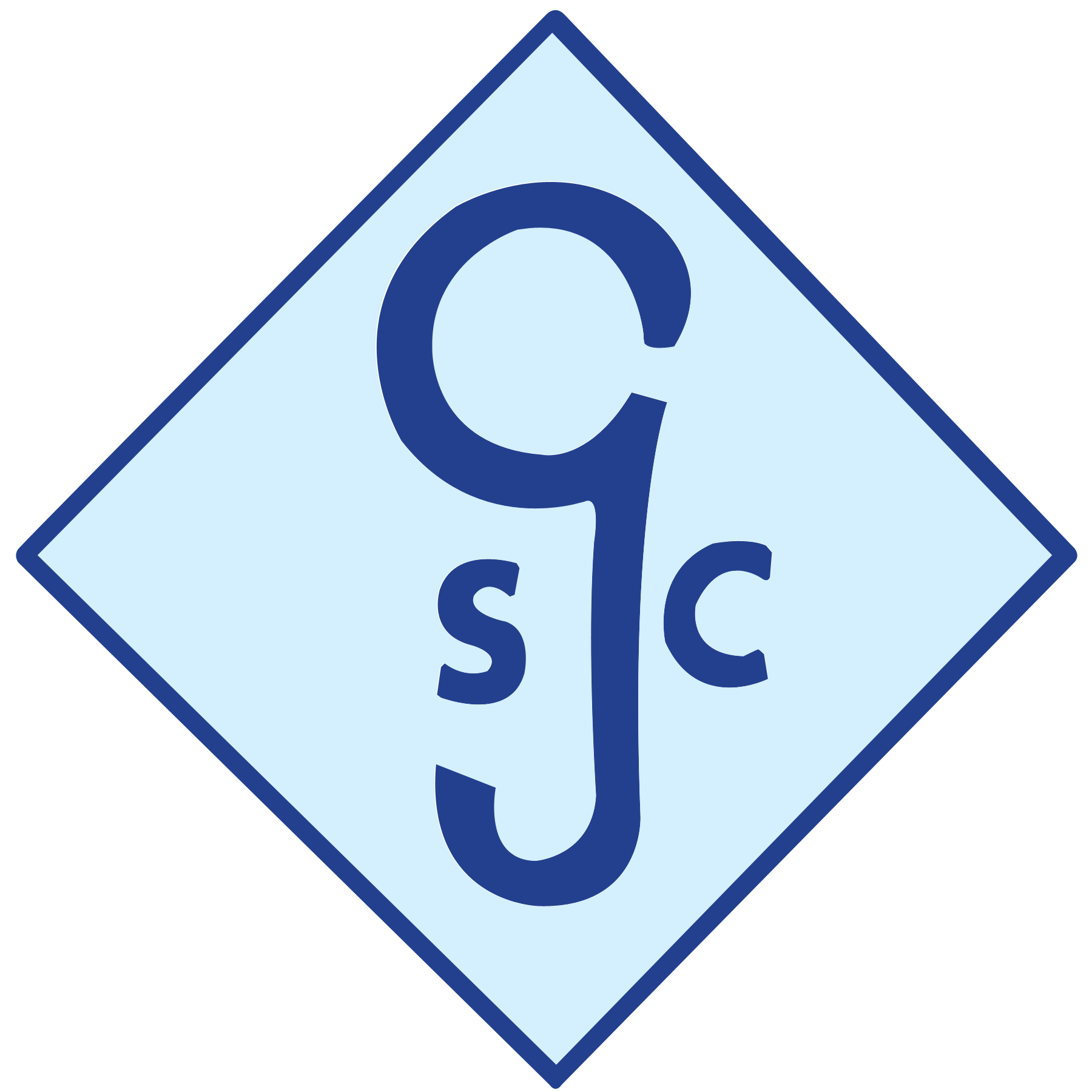So by now, most companies have figured out what the basics are of a preventative or planned maintenance agreement. (If some of these are not sounding familiar, you should ask your service provider more questions). You are responsible for maintenance of a large building. You call your buddy who is “in the biz” and tell him you need a PM Service contract. You want the basics: filters changed, coils washed, etc. You tell him you have 10 big units, and you ask, “What will it cost me?” If this is how you got an estimate on your maintenance, have you really done your due diligence? Wondering what you’re missing, & what the big deal is? Here are just a few factors both you & your HVAC service provider need to take into account.
- Equipment
What brand(s) of equipment do you have? There are well over 20 brands of traditional commercial-grade HVAC equipment. Do you have 1 brand, or do you have a smorgasbord? Is this vendor brand-specific? If you have brands A, B, & C, and they specialize in brand D, maybe they’re not a good fit.
What type of equipment/systems do you have? I’m going to try to not get too technical here. Do you have package units, or split systems? (For basic information, check out Wikipedia’s page here ). For commercial/industrial clients, there are many more options. Do you have a chiller, cooling tower, boiler, VAV’s, VFD’s, etc? The list goes on & on, and if a company primarily deals in residential HVAC systems, this may be unfamiliar territory.
How big are your units? Simply put, most HVAC equipment size is measured in tons. Think about a measuring cup. If you need to pour 5 gallons of milk into a bowl, what is easier: using a small cup, pouring 1 teaspoon in at a time, or having one large cup, and pouring 5 gallons into it? The same goes for commercial HVAC equipment. Some buildings are designed to have fewer, larger units, which can be trickier. Some companies are not as familiar & highly-trained as we are; let us handle your large measuring cups. Every day we work on anything from a 2 ton unit, to a 100 ton unit & much larger. For reference, a typical unit for a house is normally sized anywhere from 2-5 tons, depending on the size, make-up and many other factors of the house.
- Filters
Filters can be one of the most important, overlooked aspects to preventing issues on your equipment. As most know, a filter catches dirt, debris, & other particles in order to provide cleaner less polluted air. You probably (hopefully) change the one at your house every now and then. Big deal. “I change it when it gets dirty”, 1-2 times a year. Only changing filters when they are visibly dirty is being reactive; we want to be proactive. Did you know that filters are covered with a microfilm of oil, which helps to do catch those nasty things you don’t want to breathe in? So, even if the filter is “clean” to the eye, the oil may have worn off, thus making it less effective. We recommend a minimum of quarterly filter changes. Do you have specialty filters, that are more expensive, but also more effective? Often times the healthcare industry may even require HEPA filters (high-efficiency particulate air), which basically means these filters are graded to catch at least 99.7% of particles that pass through them. There are still other factors to consider. How many filters does each unit have, & what are the sizes? Many units will have up to 15 filters in each one, and may have 4 different size filters. Where the filters physically located at? If they are on the roof, they can typically be changed at any time. Do you have roof access from the inside? Is there a ladder on the building? If your filters are inside, where are they? Are they in ceiling tiles, in wall grates, or are they 30 feet in the air, requiring a scissor-lift to reach them? If you are a school, for example, are your filters inside of your classrooms? If so, your HVAC service vendor can’t reasonably expect to change your filters on a Tuesday morning, now can they? These are just a glimpse of a few of the filter situations we deal with every day. Slightly more complicated than the one in your hallway, huh?
- Comfort vs. process conditioning
Comfort cooling is exactly what it sounds like: it keeps you comfortable! When it’s 100 degrees outside, it’s what keeps your office at a frosty 72. When you shiver into work, it’s what warms you up. Process conditioning pertains to specialty equipment. For example, manufacturing plants often have special equipment that produces its own heat load. Think of a printing press, or a bullet manufacturer. Those units need their own cooling equipment, and it may need to be serviced differently. For example, filters may need to be changed every month, and condenser coils washed monthly as well.
As you can see, there are MANY factors that you & your HVAC service provider need to consider. A cookie-cutter approach may not be the most accurate, or the most useful. Let us give you a comprehensive inspection, & put together a customized maintenance approach, tailored to your needs. We’re the experts. Let us help you decide how to best maintain your equipment. Anyone can “Shoot you a price”, but we take the time to be detailed, and as accurate as possible. Would you rather someone estimate a price for you, then halfway through the job tell you it will cost 2-3x what they quoted, and they can’t continue to do what they’ve said unless you pay them more, OR is this investment worthy of taking time to thoroughly investigate all of your specific needs?


Recent Comments